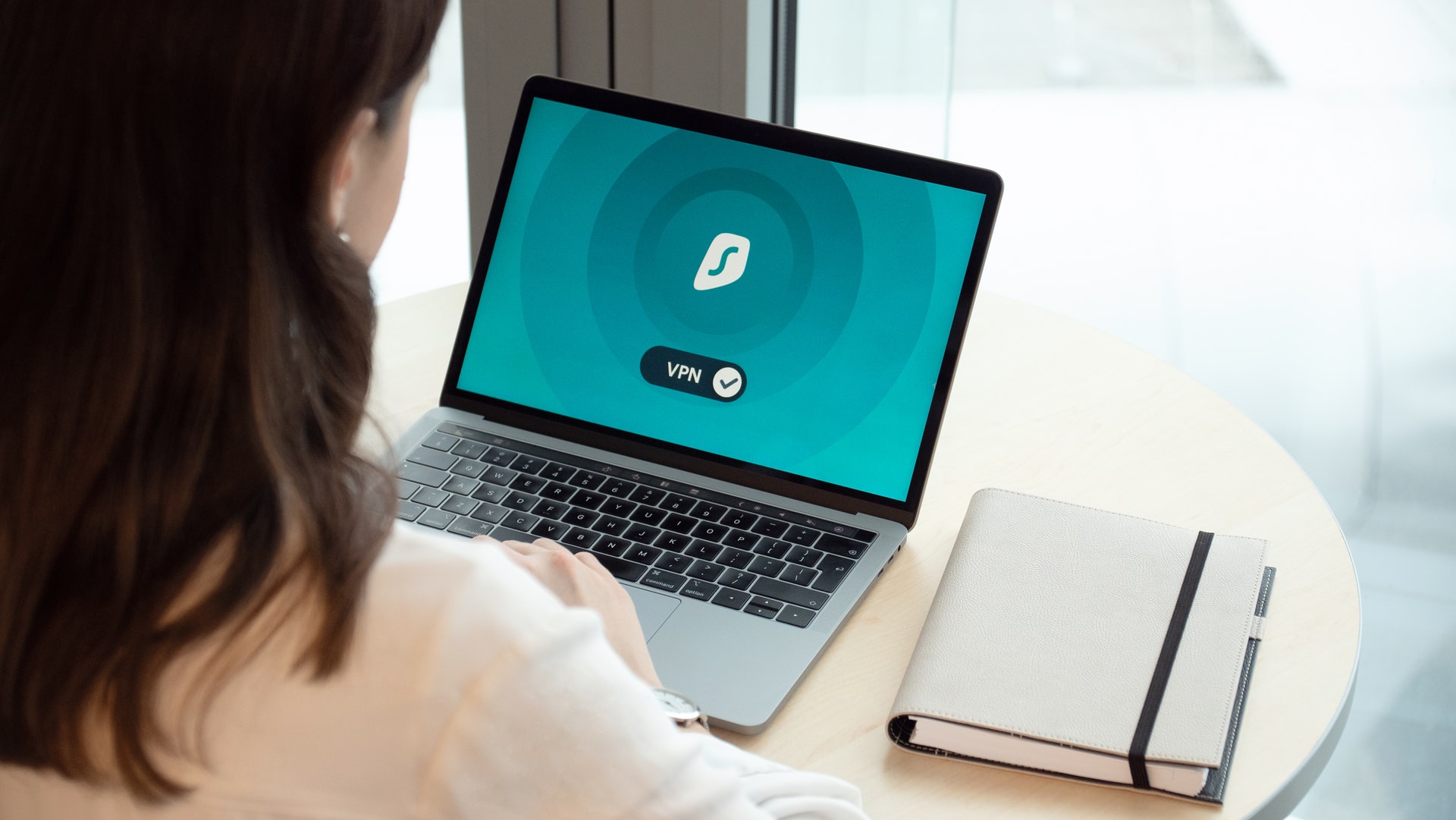Don’t Fall for These 7 VPN Myths

In the realm of online privacy and security, VPNs (Virtual Private Networks) have become a crucial tool for many. However, due to their technical nature, there are numerous myths and misunderstandings surrounding their use. It’s vital to dispel these fallacies to make informed decisions about your digital security. Here are seven common VPN myths you shouldn’t fall for:
1. VPNs Are Only for Tech-Savvy Users
Myth: You need to be a technology expert to use a VPN.
Reality: VPNs are designed with user-friendly interfaces that make them accessible to everyone, regardless of technical prowess.
2. A VPN Makes You Completely Anonymous
Myth: Once connected to a VPN, your online actions are entirely anonymous and untraceable.
Reality: While VPNs significantly increase privacy by encrypting your internet connection and masking your IP address, complete anonymity is not guaranteed. Some level of logging might still occur, depending on the provider’s policies.
3. All VPNs Are the Same
Myth: There’s no significant difference between various VPN providers.
Reality: VPN services differ in terms of security protocols, server locations, speed, reliability, privacy policies, and additional features. It’s crucial to choose a reputable provider that aligns with your needs.
4. VPNs Will Slow Down Your Internet Significantly
Myth: A VPN will always reduce your internet speed to the point of being unusable.
Reality:Although encrypting and rerouting traffic can introduce some speed loss, many premium VPN providers offer fast servers that minimize this impact.
5. Free VPNs Are Just As Good as Paid Ones
Myth: There is no need to pay for a VPN when free options are available.
Reality: Free VPNs often come with limitations such as data caps, slower speeds, fewer server options, and questionable privacy practices since they may log user activity or serve ads.
6. You Don’t Need a VPN if You Use Incognito Mode
Myth: Incognito or private browsing modes provide the same protections as using a VPN.
Reality:While incognito mode does not save your browsing history locally, it does not hide your IP address or encrypt your traffic from ISPs or other entities on the network.
7. VPNs Are Illegal
Myth: The use of a VPN is against the law.
Reality: In most countries, using a VPN is perfectly legal as long as you’re not engaging in illegal activities while connected. However, some nations with strict censorship laws have banned or regulate the use of VPNs.
Understanding these facts can help individuals and businesses better harness the power of VPN technology while remaining aware of its limitations. Always conduct thorough research and choose a trusted VPN provider that offers transparency and has a strong track record when it comes to security and customer satisfaction.




